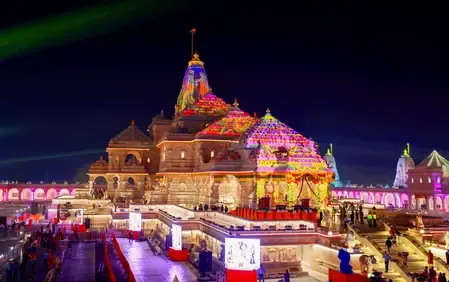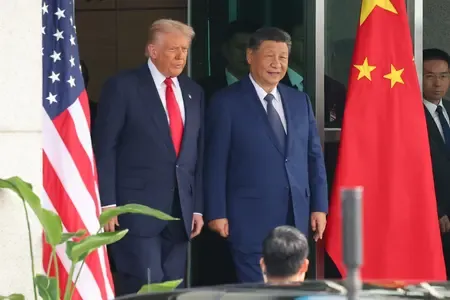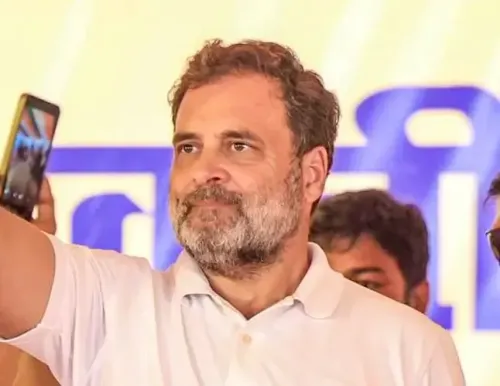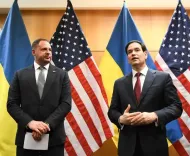Is Rajasthan Now on the Fast Track of Development?

Synopsis
Key Takeaways
- Rajasthan is on a developmental path with new initiatives.
- Focus on empowering marginalized communities.
- Significant improvements in infrastructure and services.
- Environmental sustainability through tree planting efforts.
- Increased agricultural support for farmers.
Jaipur, June 24 (NationPress) Chief Minister Bhajan Lal Sharma stated that the former administration left Rajasthan behind in terms of development; however, the current government is fostering swift progress in the state.
While inaugurating the Pandit Deendayal Upadhyay Antyodaya Sambal Fortnight at Bichun village in Dudu tehsil of Jaipur district, the Chief Minister underscored that genuine national advancement can only occur when villages, the underprivileged, farmers, and laborers are empowered, aligning with the Antyodaya philosophy.
The initiative is designed to deliver public welfare programs to the most disadvantaged citizens.
Sharma urged the residents of Rajasthan to actively engage, visiting special camps to address their outstanding issues and encouraging others to do the same. He paid homage to Pandit Deendayal Upadhyay, recognizing him as a visionary who envisioned a self-sufficient India where every village and citizen flourishes.
The Chief Minister revealed various initiatives slated for the fortnight. These encompass resolving land conflicts, facilitating mutual land divisions, and surveying BPL families in 10,000 villages under the Poverty-Free Village Scheme to integrate them with government programs. Villagers will also receive ownership documents for their land without encountering legal obstacles.
Additionally, Sharma mentioned that the camps would provide vital rural services, including cleaning water tanks, re-establishing suspended tap connections, fixing leakages, and cleaning canals. Farmers will gain from the distribution of saplings, soil testing, and Soil Health Cards to promote scientific agriculture. Livestock owners will benefit from insurance, medical examinations, and vaccinations for their animals.
Other initiatives entail the distribution of Ayushman Bharat cards, resolving pending NFSA (National Food Security Act) cases, facilitating school admissions for children, and enhancing rural lighting infrastructure.
Emphasizing the leadership of Prime Minister Narendra Modi, Sharma remarked that since 2014, India has witnessed a significant transformation across various sectors.
Referencing the Prime Minister’s philosophy of serving four essential groups - the poor, youth, women, and farmers - he affirmed that their upliftment is central to authentic national development. Inspired by the ‘Ek Ped Maa Ke Naam’ campaign, the Rajasthan government has set an ambitious target of planting 100 million trees this year to promote environmental sustainability.
Regarding infrastructure, Sharma shared accomplishments like Rajasthan achieving a record peak power demand of 18,509 MW without borrowing electricity, a substantial improvement compared to previous summers when electricity had to be procured at exorbitant rates.
The state also ensured uninterrupted power supply to farmers during the Rabi season. He highlighted that while the prior government disbursed Rs 15,000 crore in agricultural loans through cooperative banks over 1.5 years, the current administration has allocated Rs 35,000 crore during the same timeframe.
Similarly, wheat procurement has surged from 11 lakh metric tonnes to 30 lakh metric tonnes, and the construction of 12,000 km of roads far exceeds the previous record of 3,400 km. Over 1,300 villages have been newly connected by roads. “Our goal is not merely to establish Rajasthan as a leading state in India but to ensure that every citizen becomes prosperous and empowered,” the Chief Minister asserted.









